‘In the war on terror, the terrorists won’
Your digest of analysis from the British and international press
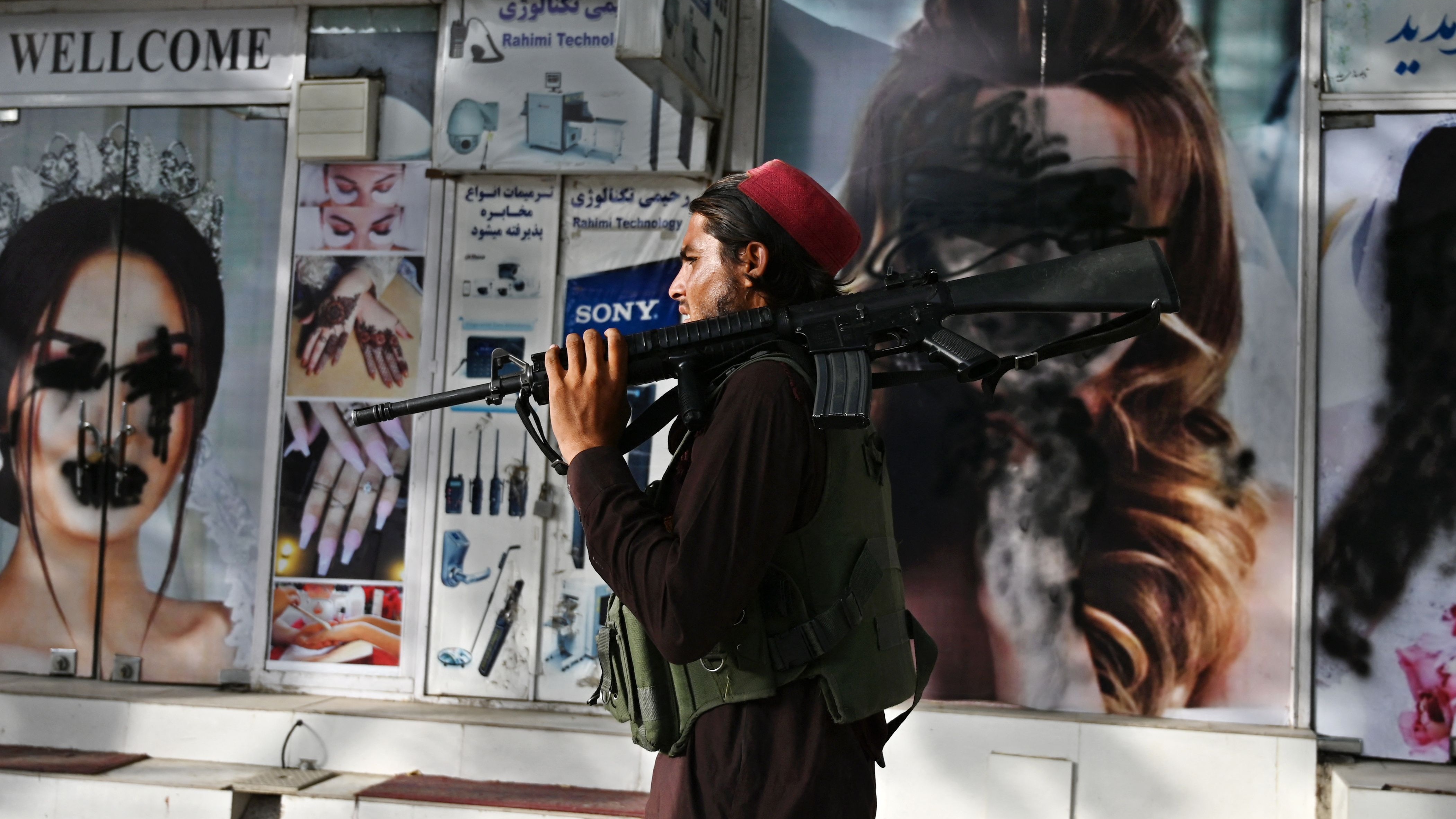
- 1. Awful truth about 9/11: the terrorists won
- 2. Boris Johnson’s care victory shows he can get away with sham policies – for now
- 3. The unlikely group calling for Cressida Dick to resign shows police reform is no longer a radical demand
- 4. Masks are here to stay as long as libs need to shame their political enemies
- 5. The snobbery of Roy ‘Chubby’ Brown’s critics
A free daily email with the biggest news stories of the day – and the best features from TheWeek.com
You are now subscribed
Your newsletter sign-up was successful
1. Awful truth about 9/11: the terrorists won
Gerard Baker in The Times
on distraction and defeat
As the US prepared to mark the anniversary tomorrow of the 9/11 attacks, Gerard Barker said in The Times that “it is not too bleak a view to say that, 20 years on, in the war on terror, the terrorists won”. After all, he continued, the “fanatical ideology” that gave rise to the attacks “has been rebuffed but not defeated”, and “some of its most extreme advocates, and the enablers of the 9/11 terrorists, have just triumphed in Afghanistan”. Meanwhile, the US, the country that these terrorists “intended to mock and destroy”, has indeed “been distracted, divided and weakened by the actions it took in response to the attacks”. Yes, he conceded, there has not been another 9/11, but there has been an “almost endless succession of terrorist attacks large and small - all of them after the ousting of the Taliban in 2001”.
The Week
Escape your echo chamber. Get the facts behind the news, plus analysis from multiple perspectives.

Sign up for The Week's Free Newsletters
From our morning news briefing to a weekly Good News Newsletter, get the best of The Week delivered directly to your inbox.
From our morning news briefing to a weekly Good News Newsletter, get the best of The Week delivered directly to your inbox.
2. Boris Johnson’s care victory shows he can get away with sham policies – for now
Polly Toynbee in The Guardian
on make-believe politics
“As long as enough of the people can be fooled enough of the time”, wrote Polly Toynbee, Boris Johnson “will go on getting away with downright fraudulent policies”. Brexit, argued The Guardian columnist, “taught Boris Johnson this important lesson: much political capital can be mined from a hallucinatory politics of make-believe and comforting words”. And the prime minister hopes his social care plan will “join Brexit up in that political ether where breezy feel-good words shield enough ears from everyday facts”. However, Toynbee doubts that Johnson will be able to “keep his bubble machine blowing out the myth that austerity is over”. Whether the bubble burster is “soaring food bank use from universal credit cuts or the NHS struggling with waiting times”, she concluded, “sooner rather than later, enough voters will see through his make-believe politics”.
A free daily email with the biggest news stories of the day – and the best features from TheWeek.com
3. The unlikely group calling for Cressida Dick to resign shows police reform is no longer a radical demand
Kuba Shand-Baptiste for the i
on a turning point
“We haven’t exactly been short of public criticism of Metropolitan Police Commissioner Cressida Dick in recent years,” said Kuba Shand-Baptiste on the i news site. “But something about the latest criticism feels like it may stick.” Dick’s resignation is being demanded by a diverse panel of victims of police corruption and misconduct that includes Baroness Doreen Lawrence, the son of D-day veteran Lord Edwin Bramall, BBC broadcaster Paul Gambaccini, Edward Heath’s biographer Michael McManus and former Conservative MP Harvey Proctor. “The fact that they have come together at all feels significant,” wrote Shand-Baptiste. Last summer, “white Britain seemed impervious” to the suggestion of police reform, “but if figures like Baroness Lawrence and Ted Heath’s biographer can come together over a shared sense of injustice, perhaps we’re on our way to finally understanding that something - anything - has to change”.
4. Masks are here to stay as long as libs need to shame their political enemies
Glenn H. Reynolds in the New York Post
on a politicised pandemic
Pointing to what he sees as “an unfortunate fact about our society”, Glenn H. Reynolds argued that “we’re so politically tribalised that even our response to the pandemic says more about politics than about anything else”. This is “especially true” when it comes to face masks, the professor of law wrote in the New York Post. “Despite all the calls to ‘follow the science’, the science on masks doesn’t actually demonstrate that they are magic talismans against contracting or spreading Covid,” he continued. And the average person walking around their local pharmacy “wearing a ‘face covering’ made of cloth is mostly engaging in Hygiene Theatre”. The reality is that “wearing a mask lets you publicly proclaim that you take Covid seriously”, said Reynolds, and “by its very visibility, lets leftists show their strength in many cities and neighbourhoods, while identifying opponents for shaming and exclusion”.
5. The snobbery of Roy ‘Chubby’ Brown’s critics
Andrew Tettenborn in The Spectator
on comic snootiness
Roy ‘Chubby’ Brown is “not to everyone’s taste”, conceded Andrew Tettenborn in The Spectator. The controversial stand-up comic is “perfectly prepared to talk, joke and trade raillery about race, religion and sexuality in a way few other performers are”. Yet Tettenborn is perplexed by a council-backed decision to cancel an upcoming Chubby gig in Sheffield. Although “Chubby’s patter is referred to by his detractors as racist, homophobic and misogynist”, it offers “little, if any, malice”, according to Tettenborn. Working-class audiences are “familiar with thinking, talking and joking about race, sex, sexuality and religion in an entirely unsentimental way with little respect for political correctness”. It’s the “progressive intellectuals” who are uncomfortable with the northern performer, he added. “Even if Chubby Brown’s brand of humour isn’t your cup of tea, you may well think Sheffield’s approach to it even less so.”
-
 The EU’s war on fast fashion
The EU’s war on fast fashionIn the Spotlight Bloc launches investigation into Shein over sale of weapons and ‘childlike’ sex dolls, alongside efforts to tax e-commerce giants and combat textile waste
-
 How to Get to Heaven from Belfast: a ‘highly entertaining ride’
How to Get to Heaven from Belfast: a ‘highly entertaining ride’The Week Recommends Mystery-comedy from the creator of Derry Girls should be ‘your new binge-watch’
-
 The 8 best TV shows of the 1960s
The 8 best TV shows of the 1960sThe standout shows of this decade take viewers from outer space to the Wild West
-
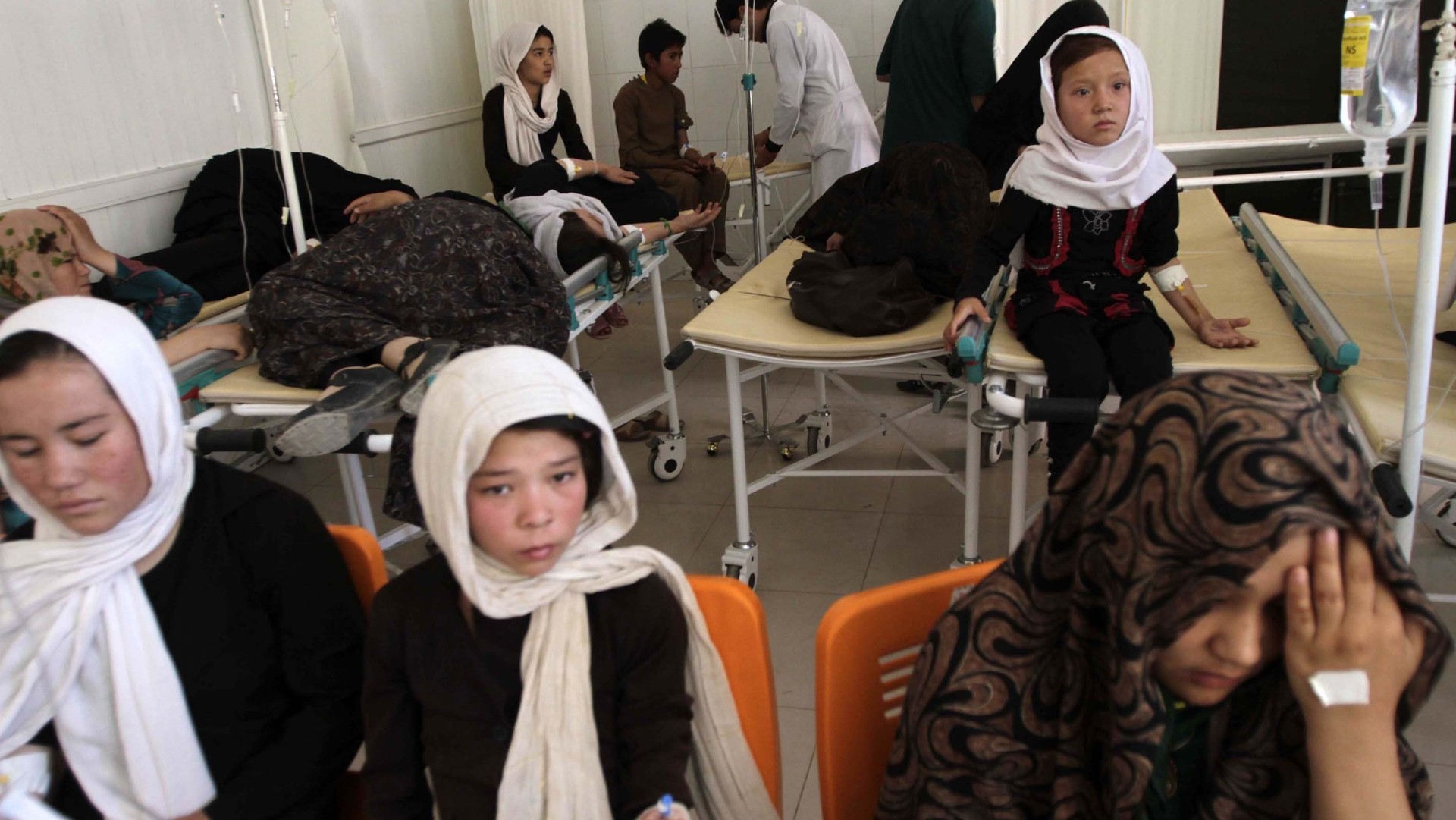 ‘We should be scared’: the poisoning of schoolgirls in Afghanistan
‘We should be scared’: the poisoning of schoolgirls in Afghanistanfeature Children hospitalised in allegedly deliberate mass attacks is latest in series of incidents going back decades
-
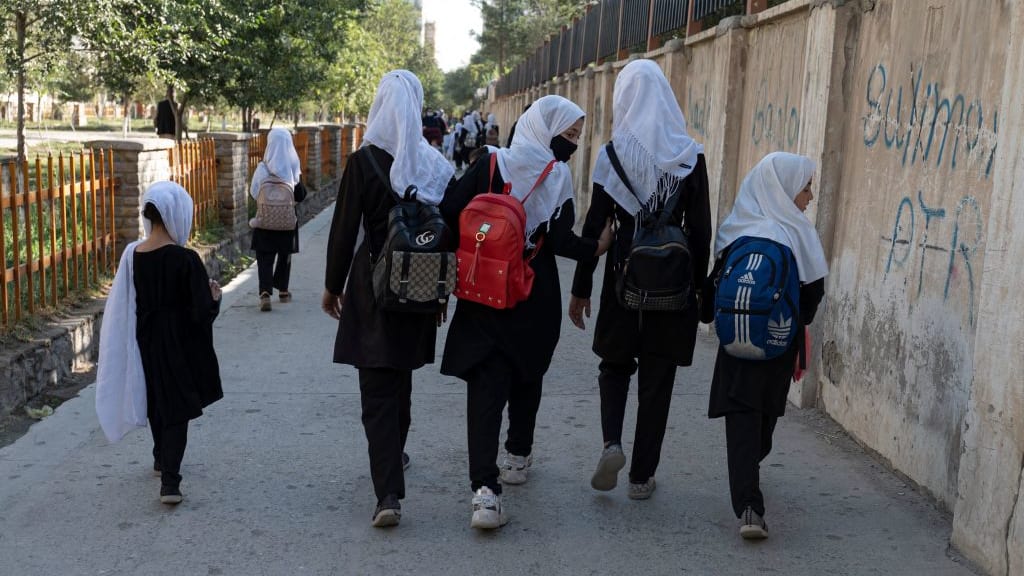 Officials believe dozens of girls in Afghanistan were deliberately poisoned at school
Officials believe dozens of girls in Afghanistan were deliberately poisoned at schoolSpeed Read
-
 Taliban kills mastermind of Kabul airport suicide bombing
Taliban kills mastermind of Kabul airport suicide bombingSpeed Read
-
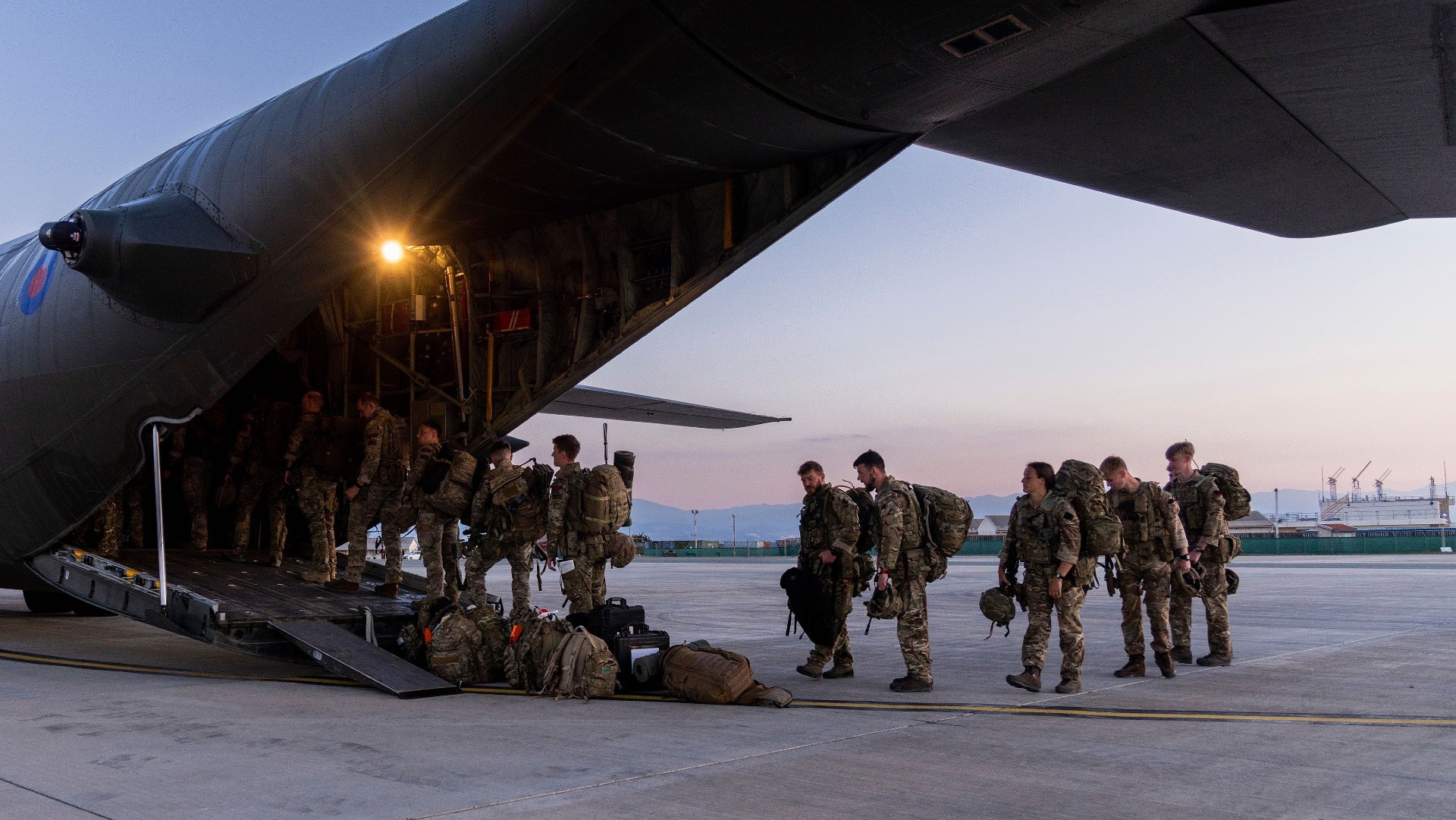 Sudan evacuation: has Foreign Office learnt the lessons from Afghanistan?
Sudan evacuation: has Foreign Office learnt the lessons from Afghanistan?Today's Big Question Failings of chaotic withdrawal from Kabul prompt return of foreign secretary and airlift of Britons from Khartoum
-
 ‘The UK’s malaise will not end with the Prime Minister’s exit’
‘The UK’s malaise will not end with the Prime Minister’s exit’Instant Opinion Your digest of analysis from the British and international press
-
 ‘Police tactics are not getting worse, they are simply being filmed’
‘Police tactics are not getting worse, they are simply being filmed’Instant Opinion Your digest of analysis from the British and international press
-
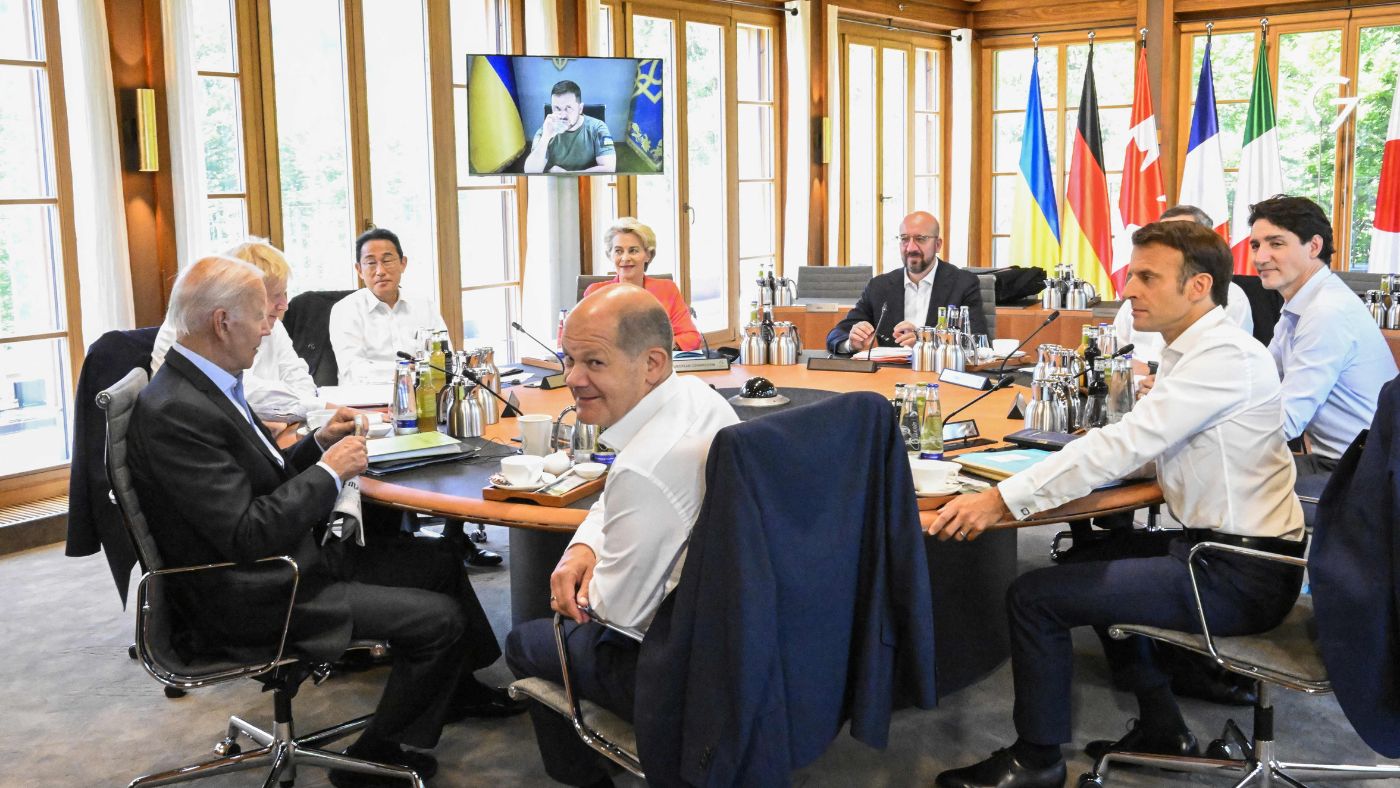 ‘G7 leaders missed a golden opportunity’
‘G7 leaders missed a golden opportunity’Instant Opinion Your digest of analysis from the British and international press
-
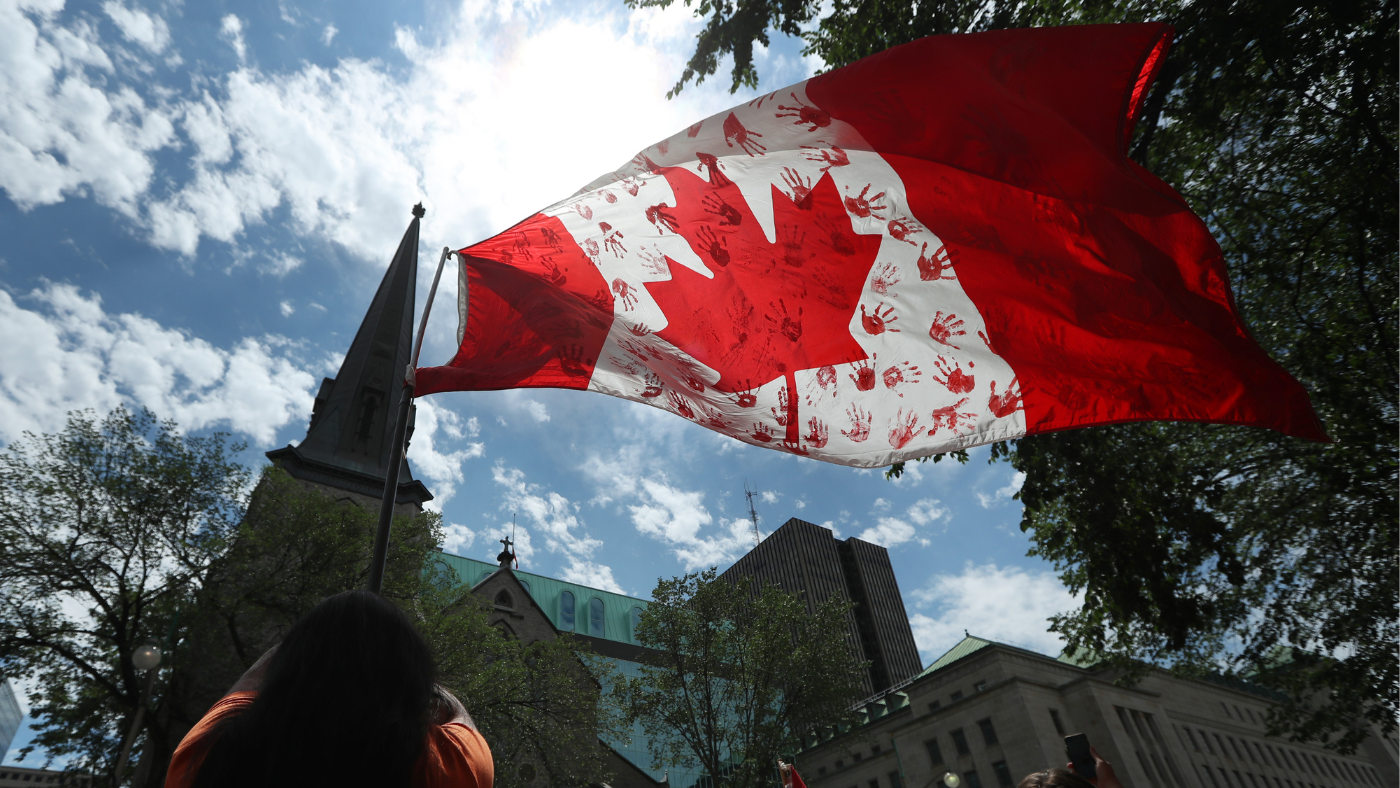 ‘It takes some soul searching to celebrate Canada Day’
‘It takes some soul searching to celebrate Canada Day’Instant Opinion Your digest of analysis from the British and international press